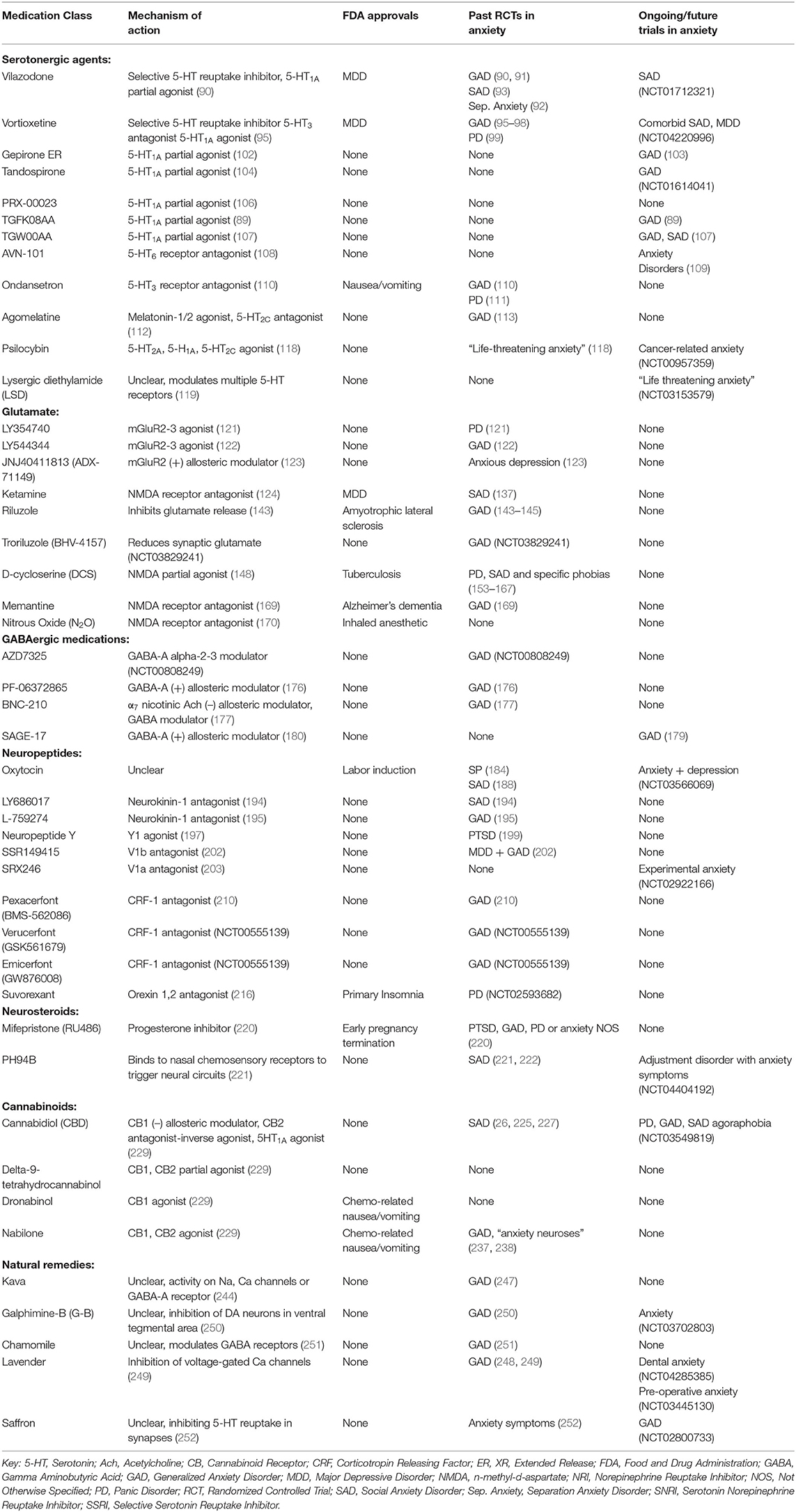Hidden Answers To Opiate Rehab Thailand Revealed
페이지 정보
작성자 Rebbeca 작성일24-01-05 02:48 조회20회 댓글0건관련링크
본문
 Introduction:
Introduction:Marijuana, also called cannabis or grass, is one of the most widely used illicit drugs globally. With an increasing push for legalization in a number of countries, it is very important to comprehend the possibility risks connected with marijuana addiction. This report is designed to provide a thorough breakdown of cannabis addiction, showcasing its effects on people and society.
Marijuana Addiction: Definition and Prevalence:
Marijuana addiction, also known as cannabis use condition (CUD), is a disorder characterized by your compulsive marijuana consumption despite experiencing bad consequences. Based on the World Drug Report 2021 posted because of the us workplace on medication and Crime, approximately 5.7 million people globally undergo marijuana disorders. This staggering figure emphasizes the need to address this growing problem.
Emotional and Physical Issues:
The psychoactive element in cannabis, delta-9-tetrahydrocannabinol (THC), affects mental performance's reward system, leading to addictive actions. Constant cannabis usage can cause various mental effects including impaired memory, reduced focus, and altered wisdom. Furthermore, real impacts include breathing problems, increased heartrate, Opiate rehab thailand and prospective lung harm from smoking.
Dependency and Withdrawal Symptoms:
Regular cannabis usage can result in dependency, with individuals experiencing detachment signs upon cessation. These signs may include irritability, anxiety, sleeplessness, loss of appetite, and intense cravings for marijuana. The severe nature and length of time of detachment symptoms can differ with regards to the standard of addiction and individual aspects.
Effect on Psychological State:
Marijuana addiction is usually connected to mental health issues. Studies have shown a heightened threat of building emotional conditions such as depression, anxiety, and psychosis among hefty marijuana users. Moreover, those with pre-existing mental health circumstances may experience worsened signs considering prolonged marijuana use, exacerbating their particular overall well being.
Personal Implications:
Marijuana addiction not merely impacts people but features wider personal ramifications besides. Prolonged marijuana use can lead to impaired cognitive performance, influencing academic and occupational overall performance. Also, addiction can strain relationships with pals, family, and colleagues, resulting in social isolation. It may can also increase the likelihood of participating in risky habits and criminal activities, further impacting societal well being.
Treatment and Intervention:
Dealing with marijuana addiction typically requires a mix of behavioral interventions, guidance, and support groups. Cognitive-behavioral therapy (CBT) is oftentimes used to assist individuals know causes, develop coping methods, and alter addicting behaviors. Furthermore, motivational interviewing and community-based programs provides important help through the healing up process.
Summary:
Marijuana addiction is a concerning issue that needs attention from healthcare providers, policymakers, and society as a whole. It is essential to identify the potential dangers associated with cannabis usage, specially the improvement addiction. Marketing general public understanding, very early intervention, and use of efficient treatment plans are crucial measures in mitigating the bad effects of marijuana addiction. Just by addressing this problem comprehensively can we work at a healthy and more informed society.
댓글목록
등록된 댓글이 없습니다.




